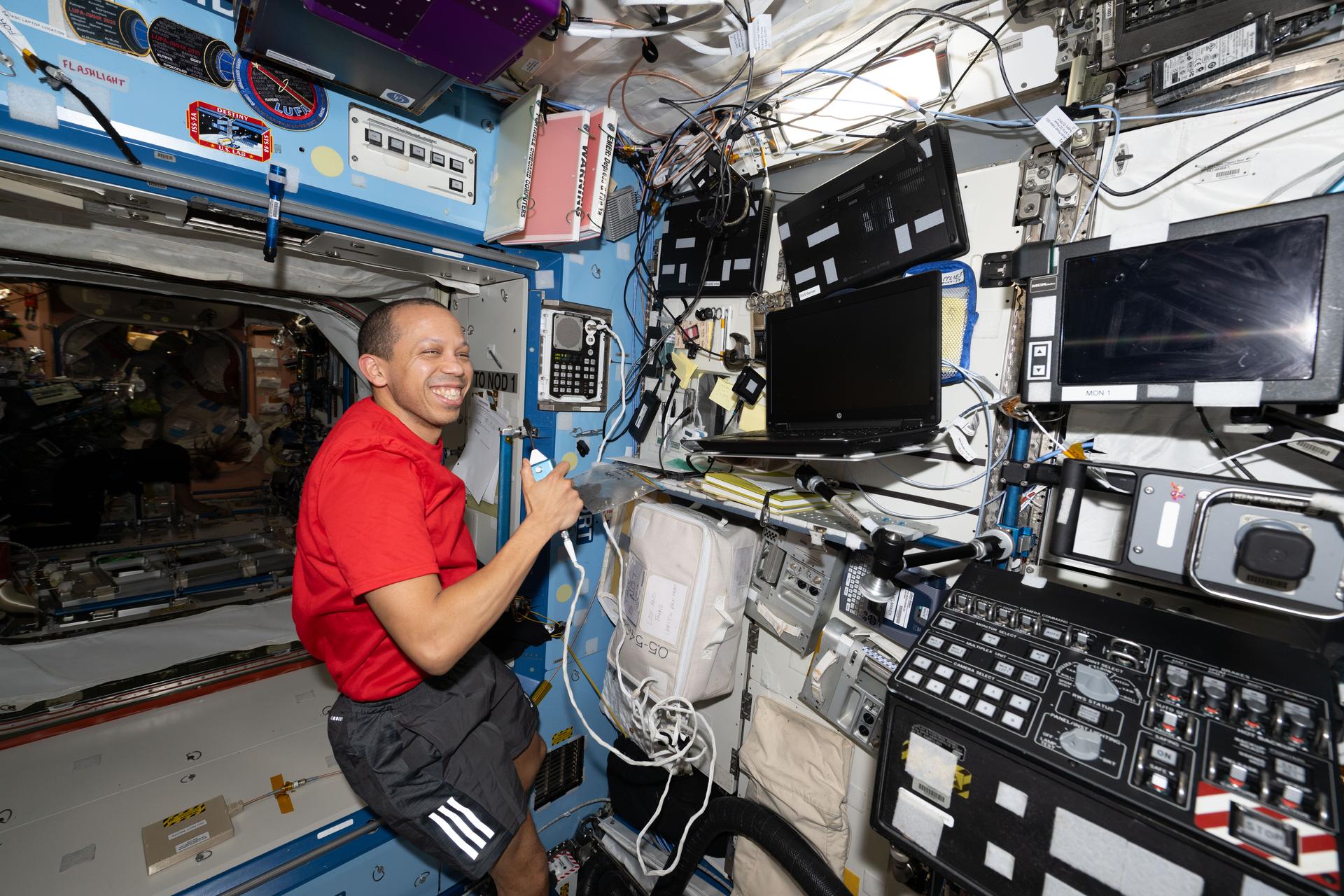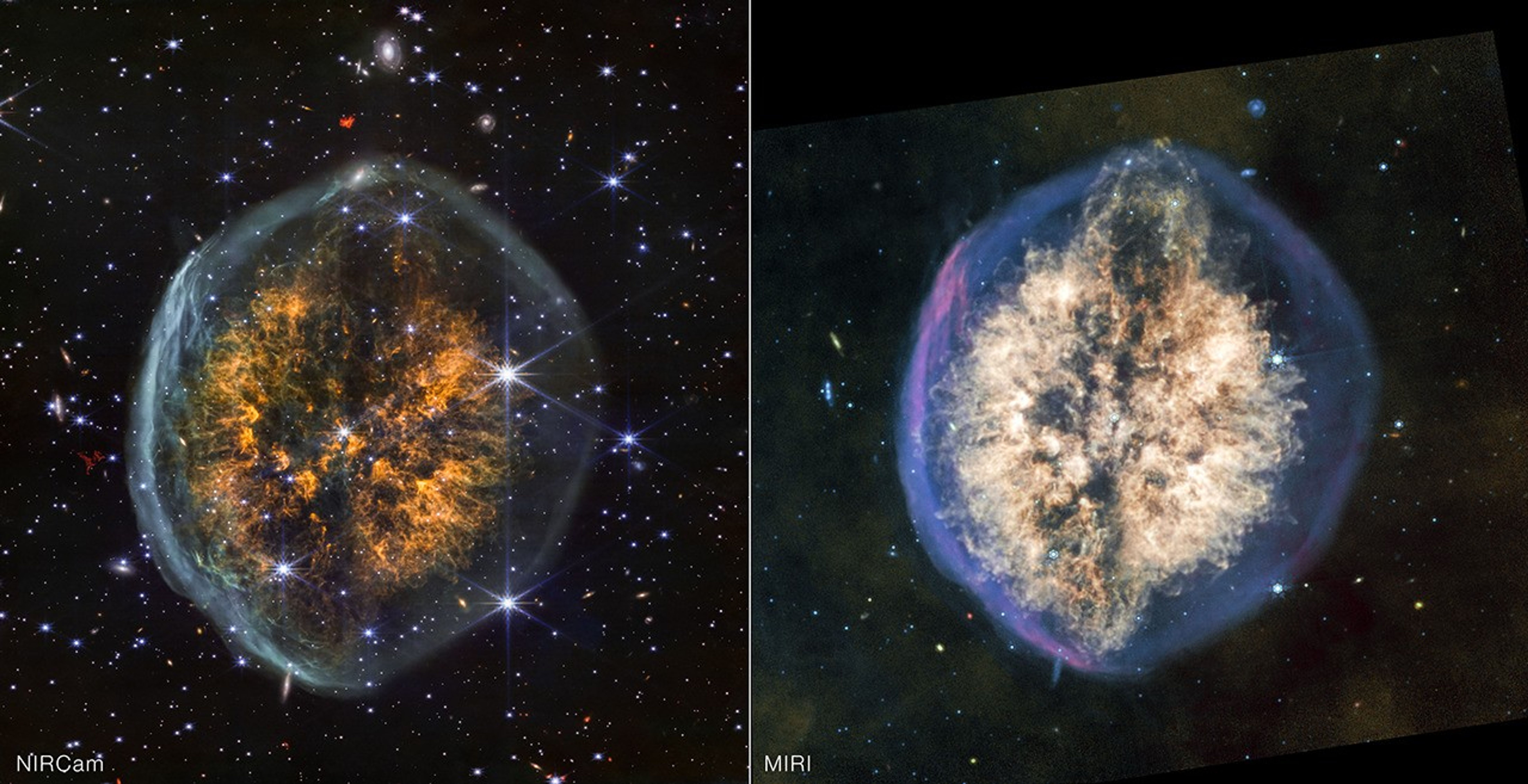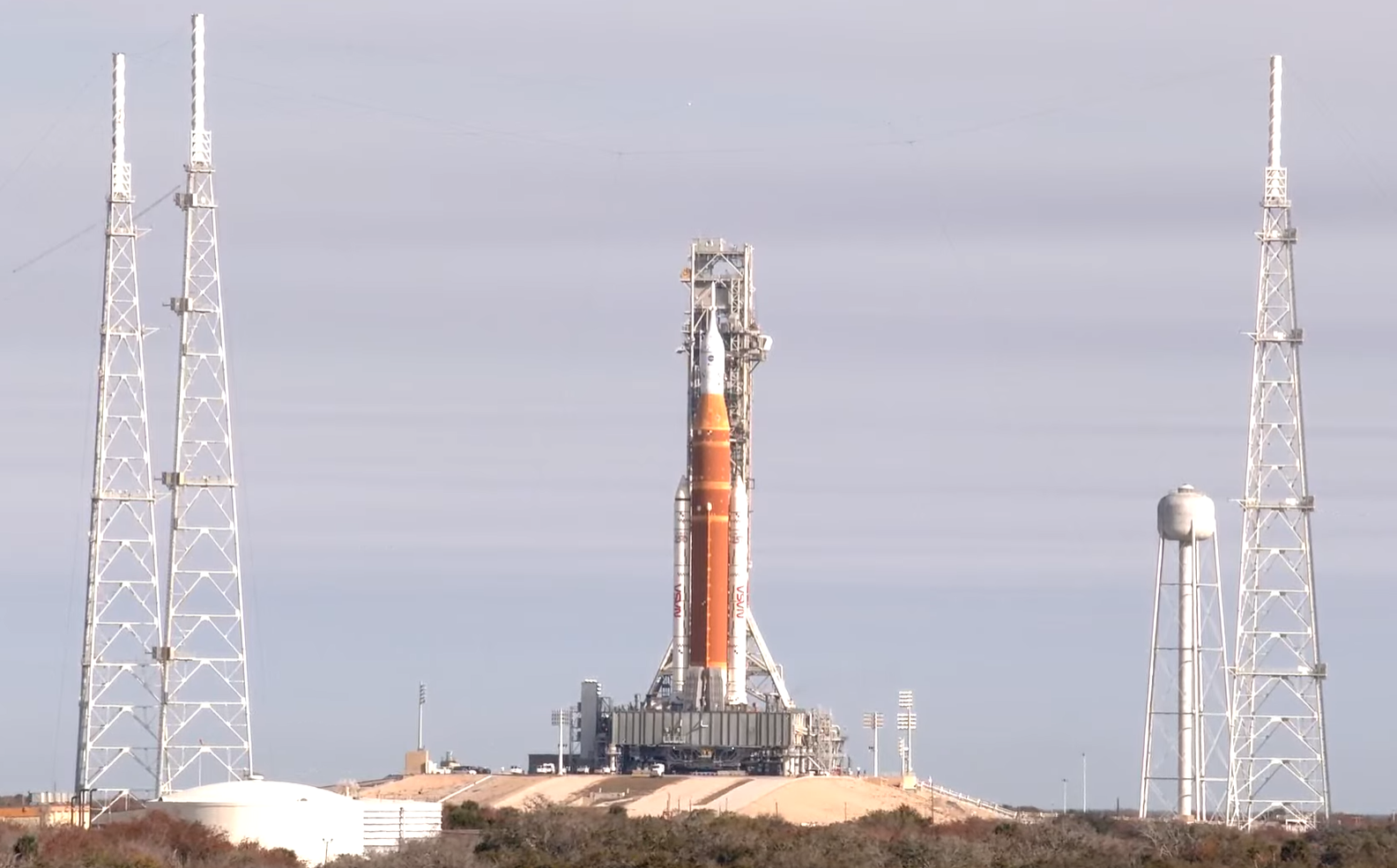Surveyor Model 1
Type
Launch
Target
Objective
What was Surveyor Model 1?
This mission was NASA's second attempt to simulate sending a lunar lander into orbit. All systems worked without fault.
| Nation | United States of America (USA) |
| Objective(s) | Highly Elliptical Orbit |
| Spacecraft | SD-2 |
| Spacecraft Mass | 2,090 pounds ( 950 kilograms) |
| Mission Design and Management | NASA / JPL |
| Launch Vehicle | Atlas Centaur (AC-6 / Atlas D no. 151D / Centaur D) |
| Launch Date and Time | Aug. 11, 1965 / 14:31:04 UT |
| Launch Site | Cape Canaveral, Fla. / Launch Complex 36B |
| Scientific Instruments | None |
Key Dates
Aug. 11, 1965: Launch
Sept. 11, 1965: Spacecraft reentered Earth's atmosphere
In Depth: Surveyor Model 1
This was the second attempt by NASA to launch a dummy Surveyor lunar lander spacecraft into a barycentric orbit toward a simulated Moon landing. Unlike the previous attempt in March 1965, this time all systems worked without fault.
The Centaur fired flawlessly and put the Surveyor dynamic model on a simulated lunar trajectory so precise that it would have impacted on the Moon without a trajectory correction.
Orbital parameters were 102 x 510,900 miles (164 × 822,135 kilometers) at 28.6-degree inclination. The payload reentered Earth's atmosphere after 31 days.
Key Source
Siddiqi, Asif A. Beyond Earth: A Chronicle of Deep Space Exploration, 1958-2016. NASA History Program Office, 2018.


































